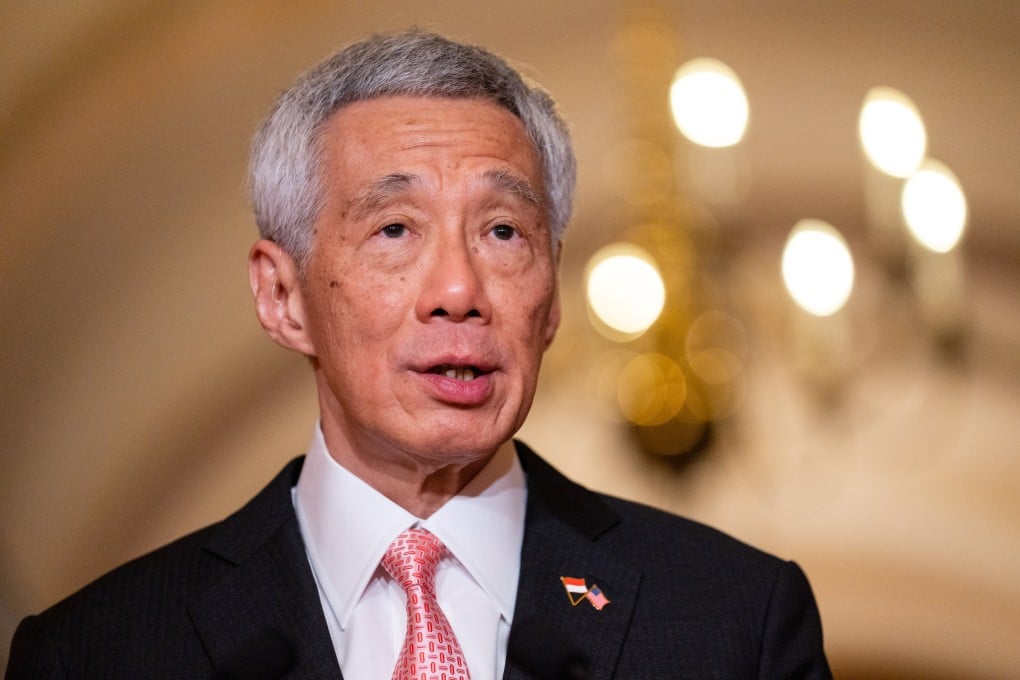Advertisement
Singapore PM Lee Hsien Loong urges unity as region faces less ‘peaceful and stable’ climate
- In his annual address, Lee urged Singaporeans to stay united to better tackle global challenges and stressed the importance of a strong military
- The leader also discussed economic challenges, that the economic outlook has ‘clouded considerably’ given supply chain woes and inflation
Reading Time:2 minutes
Why you can trust SCMP
9

Singapore Prime Minister Lee Hsien Loong on Monday warned citizens that the region “may not be as peaceful and stable” as it has been in the decades to come, amid a harshening geopolitical environment.
The solution to Singapore’s survival was for its people to stay united. “It is the only way to deal with challenges in an increasingly troubled world,” he said, while stressing the importance of maintaining a strong military.
“We must also brace ourselves and be psychologically prepared that in the next decades our region may not be as peaceful and stable as it has been thus far.”
Advertisement
Lee, who was delivering a televised speech ahead of the country’s 57th National Day on August 9, pointed to the geopolitical challenges facing the city state, including souring ties between the two world powers and the war in Ukraine.
US-China relations, he said, are worsening “with intractable issues, deep suspicions and limited engagement between them”.
Advertisement
Advertisement
Select Voice
Select Speed
1.00x